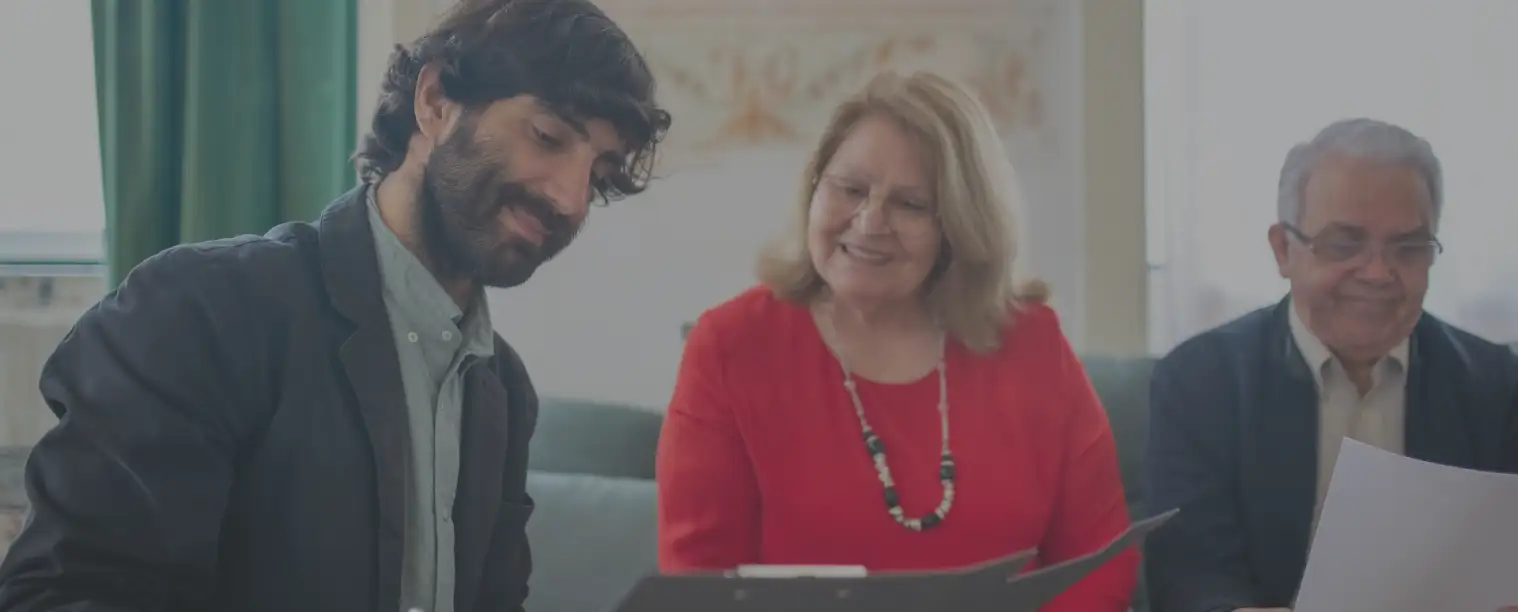If you’re paying off your credit cards, you may be wondering what happens when you stop paying for them. Do they continue to charge interest? Do you have to start all over again?
If you’re addicted to credit cards, it’s easy to forget that they require payments. This is particularly true if you’ve managed to pay off your balance in full every month for years on end.
If there’s no balance left, you might think nothing of letting the card sit untouched in your wallet until the next statement arrives. However, if you’ve ever wondered what would happen if you stopped paying off that debt entirely or stopped using the card altogether (without closing it), we’re here to help answer those questions with our list of expected outcomes:
Your Credit Score Will Be Affected
Paying on time is the most important thing you can do regarding your credit score. A lower-than-average credit score can make it harder to get approved for loans and accounts. If you pay off all your debts in full every month, other ways to pay off your cards can help.
Your Account May Be Closed and Sent to Collections
The account may be closed and sent to collections if you don’t pay your credit card bill. This process can take anywhere from two weeks to several months, depending on the creditor and how much money is owed. What happens when an account is sent to collections?
Once an account has been sent to collections, the creditor will try to collect what’s owed with various strategies. If those attempts fall short and aren’t successful, they’ll turn over their records for possible legal action against you. This could include suing you if necessary (in court).
You’ll Start Getting Calls from Debt Collectors
The process of collecting on delinquent accounts is straightforward. When a credit card company can’t get you to pay your bill and decides that it’s not worth the effort to sue you, they assign your account to a collection agency. If this happens after 180 days of nonpayment, they can still charge off whatever outstanding balance is on your card without any legal action, and some companies will do that.
You’ll Stop Accruing Interest
When you don’t pay your credit cards, you will stop accruing interest. Interest is the extra amount you pay on top of the original loan because you borrowed it and had to wait longer to pay it back. Interest is charged on credit cards, mortgages, car loans, and many other types. People who don’t mind paying interest can set up an automatic payment plan with their card company.
Even if you’re trying to pay off debt, it’s important to remember that credit card companies are not your friends. They want to make money and will try various ways to get it. That means it’s up to us as consumers to stay on top of our finances, so we don’t get taken advantage of by these companies.






